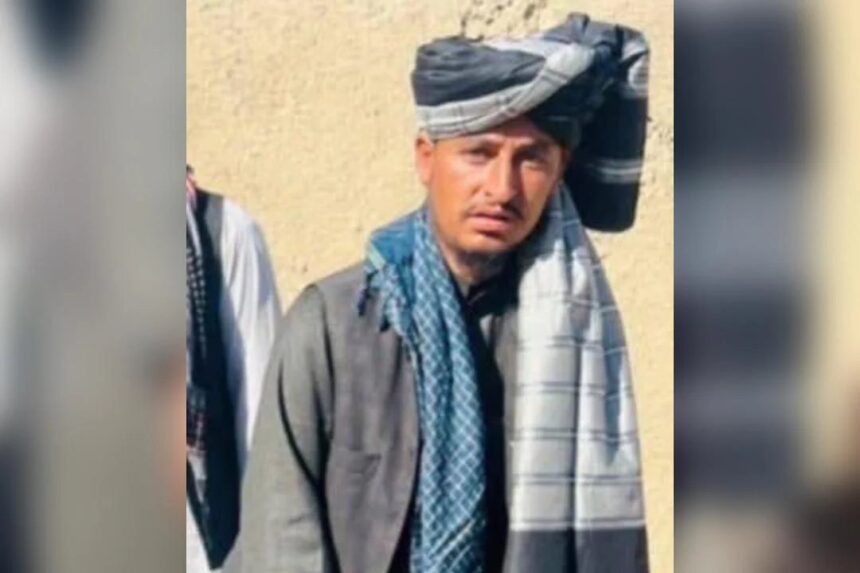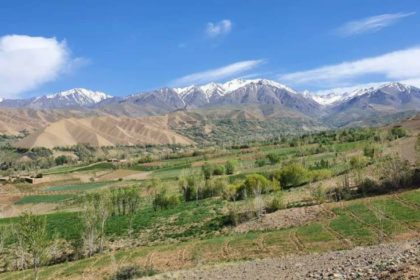RASC News Agency: Local sources in Paktika province have reported a harrowing execution that once again underscores the reign of brutality Afghanistan endures under Taliban control. According to eyewitness accounts, Taliban gunmen shot dead a disabled former soldier, Rahmatullah, in front of his mother, near one of their checkpoints in Kherkot district on Thursday, August 21. The killing took place only a short distance from a Taliban outpost, raising grave questions over the group’s complicity. Witnesses insist the proximity makes it impossible for Taliban fighters not to have been aware of the attack, casting strong suspicion that the execution was either carried out with their blessing or under their willful neglect. This latest atrocity adds to a mounting record of Taliban-sanctioned bloodshed targeting former members of the Afghanistani security forces.
Rahmatullah’s life story represents the tragedy of countless veterans abandoned to Taliban vengeance. Years earlier, he was grievously wounded during an official mission, losing the use of both an arm and a leg in a roadside blast. Instead of receiving recognition or protection, he was hunted down in the same country he once defended, left to die under the gaze of his grieving mother. His killing illustrates how the Taliban’s so-called “general amnesty” is nothing more than a political lie a smokescreen behind which a quiet purge of former soldiers continues unchecked. Just a day earlier in neighboring Khost province, another young man, Bahargul, was killed at the hands of a Taliban fighter. The incident reveals a broader pattern: Afghanistan under the Taliban has become a killing ground where no citizen can feel secure. Murders are carried out at will, justice is absent, and perpetrators act under the shield of power.
Disturbingly, sources report that Taliban officials later visited Bahargul’s family not to deliver justice, but to pressure them into forgiving the murderer. This grotesque ritual, where families of victims are coerced into pardoning Taliban fighters, represents not reconciliation but institutionalized impunity. It transforms justice into a tool of intimidation and cements a system where violence is rewarded and accountability is erased. Over the past four years, the Taliban have systematically pursued a campaign of persecution against former security personnel and government employees. Arbitrary arrests, prolonged detentions, torture, and extrajudicial executions have become routine instruments of control. Every killing erodes public trust further, leaving Afghanistan trapped in a climate of fear and silencing any hope that the Taliban could ever deliver stability or rule of law.
This latest execution in Paktika is not an isolated incident but part of a calculated campaign of terror. By turning a blind eye to or actively enabling such atrocities, the Taliban reveal their governing structure for what it is: not a system of law, but a machinery of vengeance. Their rule has stripped Afghanistanis of even the most basic guarantee the right to life and replaced it with a reign of arbitrary violence where families mourn in silence and killers walk free.






